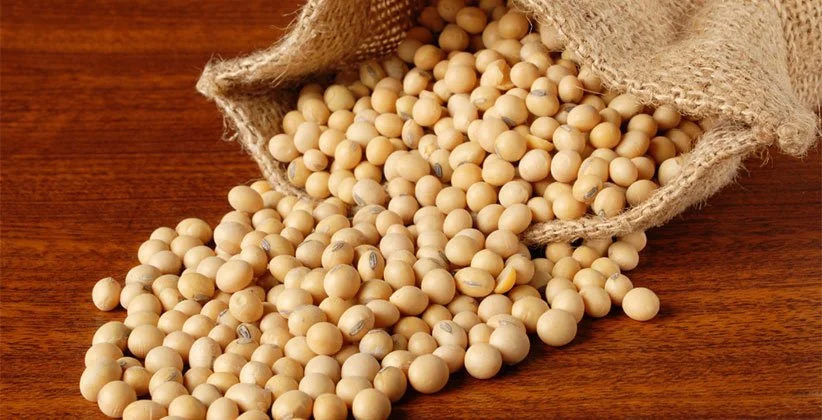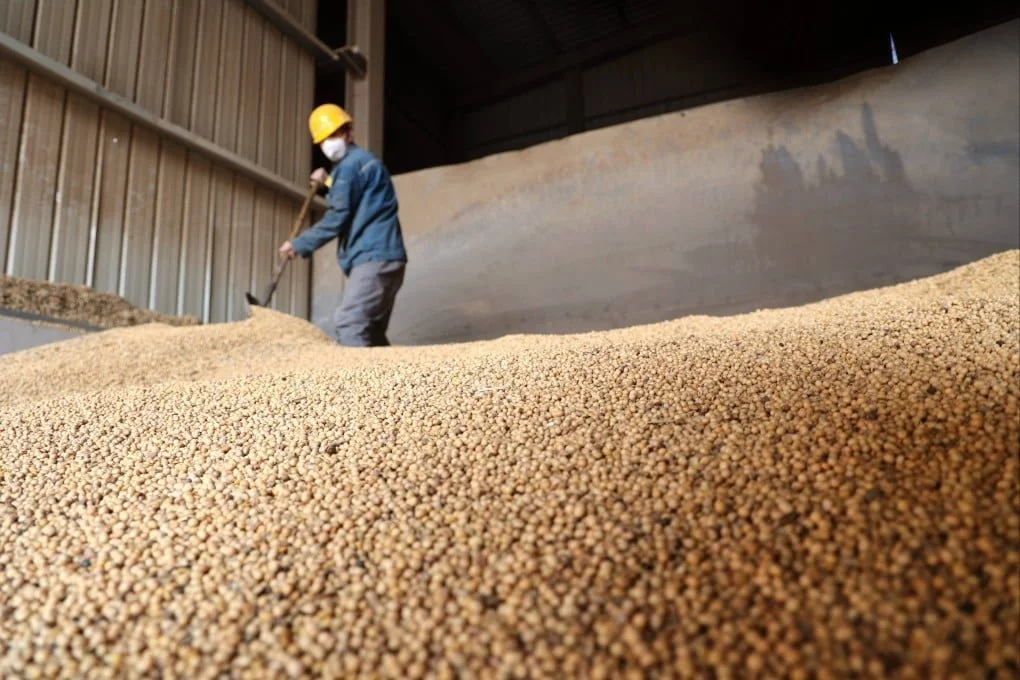Soybean Protein Boom, Driving Plant-Based Growth
Soy isn’t a trend; it’s the foundation of a food revolution.
From flexitarian diets to sustainable supply chains, the surge in plant-based protein has transformed soybeans from a humble crop into a global economic catalyst. Once seen primarily as animal feed or a niche ingredient, soy protein now anchors everything from vegan meats and protein shakes to energy bars and dairy alternatives.
According to recent reports from FoodNavigator and Asia Food Journal, the demand for plant-based protein continues to accelerate, driven by consumer health consciousness, ethical sourcing values, and the urgency of climate resilience. Global forecasts project that plant-based proteins could exceed USD 43 billion by 2034, with soy accounting for a dominant share of that growth.
The science of soy: power, versatility, and precision
Soy’s rise isn’t just marketing; it’s chemistry and nutrition.
Soy protein delivers a complete amino acid profile, rivalling animal protein while maintaining a smaller environmental footprint. Its structure makes it highly functional for food manufacturing, enabling firms to replicate the texture and taste of meat, milk, and eggs.
This versatility has made soy the go-to foundation for new-generation food products. Start-ups and multinational brands alike are investing in soy protein isolates, concentrates, and textured forms that serve as the building blocks for high-protein, low-impact foods.
Shifting consumer expectations
Modern consumers aren’t just buying “plant-based”; they’re buying proof.
They expect supply chains that are traceable, sustainable, and ethically verified. As FoodNavigator notes, “the plant-based sector is evolving from hype to substance, and consumers now expect transparency from seed to shelf.”
For producers, that means traceability and testing are no longer optional. Certifications, lab verification, and clear data on origin and processing methods have become decisive factors for importers and retailers.
Trade and sourcing dynamics: soy goes global
The soybean supply chain is sprawling, spanning Latin America, North America, and Asia, but new frontiers are emerging.
Africa, long recognised for its fertile land and strategic positioning, is increasingly viewed as a next-generation origin for soy and plant-protein production.
However, supply alone isn’t enough. Global buyers want partners who can demonstrate compliance, quality, and reliability at every step. Logistics, processing standards, and documentation discipline now define who earns long-term contracts in the plant-based ecosystem. At STYYER, we see this as both a challenge and an opportunity.
Styyer’s position in the soybean value chain
Styyer is building traceable, compliant, and quality-driven trade routes for soybean and its derivatives. From soy protein concentrate and textured soy to raw beans for processing, our focus is on connecting buyers to verified, tested, and export-ready sources.
Our process includes:
Partner vetting: Working only with processors who meet export-grade hygiene and certification standards.
Testing: Independent lab verification of protein content, moisture, and microbiological safety.
Documentation: Complete COAs, origin certificates, and compliance records shared with buyers.
Traceability: Full visibility from farm to shipment, ensuring supply chain integrity at every stage.
By embedding these systems, STYYER ensures that the African soybean sector can compete confidently in the global plant-based economy.
Challenges and opportunities
Despite soy’s rise, the market faces headwinds: allergen sensitivities, GMO concerns, and shifting regulations around sustainability claims. But these are precisely where innovation and compliance create opportunity.
Companies investing in non-GMO production, precision fermentation, and verified sustainability frameworks are the ones securing premium positions in the market. Styyer’s traceability-first model is designed to support exactly that, giving buyers assurance and suppliers a competitive edge.
Outlook: soy’s next chapter
The soybean protein boom isn’t a passing phase; it’s a structural transformation of the global food system. As populations grow and climate pressures mount, the demand for high-protein, low-impact ingredients will only intensify.
Africa’s entry into this value chain, supported by transparent, compliant trade systems, will help close the gap between global demand and sustainable supply.
Styyer Insight
“Soy’s growth is a mirror of what modern trade demands: transparency, testing, and trust. At Styyer, we’re not just moving soy, we’re building systems that turn African potential into global credibility.”


